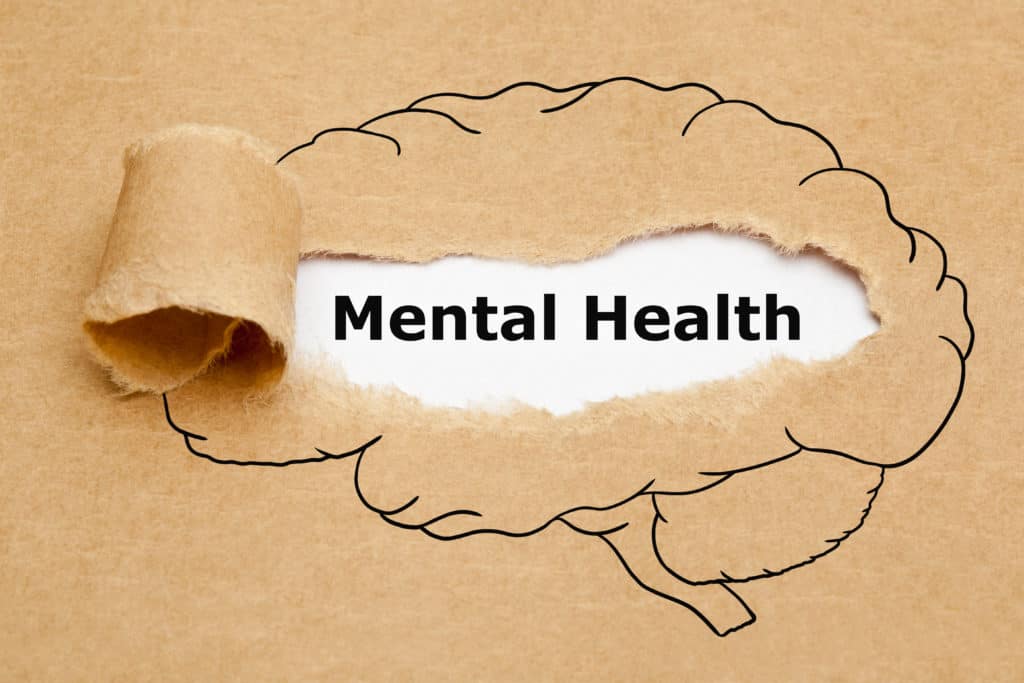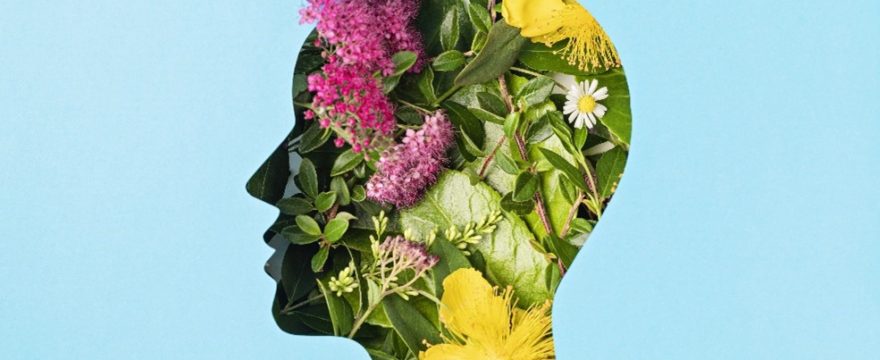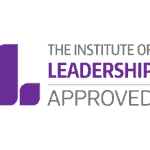Inequalities are still widespread across communities all around the world. There is a large amount of discrimination and stigma attached to being mentally unwell, and it is still illegal in 20 countries to attempt suicide. It is the poorest and most disadvantaged societies who have the greatest risk of developing mental health issues and are also less likely to receive treatment (WHO, 2022).
There is no question that the pandemic took a toll on our mental health and wellbeing. We crave human interaction and stability, but the pandemic deprived us of this. In the first year of the pandemic, the number of people diagnosed with anxiety and depression rose by 25% which put unimaginable pressure on care services, and they struggled to meet the demand – especially in low and middle-income countries.

What drives inequalities in health?
Inequalities in health are largely due to the society and conditions in which you were born or live. Unfortunately, this means that people living in low-income areas, where there are higher levels of poverty, homelessness, poor living conditions, social isolation, or unemployment, for example, are at a higher risk of developing mental health issues, and have less access to health foods and opportunities to be involved in healthy activities, as well as being less likely to get support (Mind, 2018; 2020).
The statistics
- 58% of people receiving benefits said their mental health was poor (Mind, 2021)
- Black people are four times more likely to be detained under the Mental Health Act than white people (NHS Digital, 2020)
- 1 in 6 young people had a mental health problem in 2020 (compared to 1 in 10 in 2017) (NHS Digital, 2020)
- People from radicalised communities are at a higher risk of developing mental health problems but less likely to get support (Mind, 2020)
pdf-about-mental-health-inequality-final.pdf (mind.org.uk)

World Mental Health Day 2022
Every year, on October 10th, we make mental health a priority. We emphasise the need to talk about mental health to raise awareness of the issues people face, and what needs to be done to make mental health care a priority for people worldwide. But how do we continue to break down the stigma and create a world where mental health is valued and prioritised after World Mental Health Day?
This year, World Mental Health Day’s theme is making mental health and wellbeing for all, a global priority.
The global pandemic created a mental health crisis. Services were already in short supply before, but growing social and economic inequalities, violence and conflicts, and public health emergencies have threatened any progress made towards making mental health care equally accessible for everyone.
This year’s theme aims to deepen the value and commitment to making mental health a priority as individuals and communities. Stigma around mental health is still causing detriment to making progress towards this (WHO, 2022) so what can you do to keep the conversation going, and break down the barriers to accessing mental health care?
What can you do?
Talk about mental health regularly
Create a culture where talking about mental health is part of everyday conversations. It’s not one day a year, it’s not a special conversation, make mental health something that everyone feels comfortable acknowledging and talking about.
Our solution for managers and leadership teams:
Management training to create a greater awareness and understanding of how to initiate conversations, and how to promote daily conversations about wellbeing. https://www.yourpeoplepotential.co.uk/management-skills-to-promote-and-support-good-mental-health-at-work/
Our solutions for all your people:
Build individual skills to recognise signs of not coping, to equip people dealing with change, to learn how to reduce stress, to learn life hacks to manage anxiety or to build their resilience if they support others during times of crisis. These training options will help: https://www.yourpeoplepotential.co.uk/employee-wellbeing/
Make it easy to reach out for help
Ensure people are regularly signposted to various support systems, whether they are provided by your organisation as part of an Employee Assistance Programme (EAP), or if they are available in the community e.g. Citizens Advice, Mind, Domestic Abuse helpline etc.
Regularly change your messaging and focus on ‘hot topics’ e.g. the increased cost of living with information on how to contact the Money Advice Service, Money Saving Expert and Citizens Advice, plus your EAP.
Train staff in Mental Health First Aid: https://www.yourpeoplepotential.co.uk/adult-mental-health-first-aid-2-day-course/
Ensure you select the correct Mental Health First Aiders and give them the support they need by choosing from one of our bespoke training sessions:
- Mental Health First Aid – is it for me?
- Resilience Building for Mental Health First Aiders
- Support for Mental Health First Aiders
These courses are listed here: https://www.yourpeoplepotential.co.uk/mental-health-first-aid/
Ensure your managers are creating the right conditions to support your people
By ensuring your managers have the skills to manage their people effectively you will be supporting your people through whatever struggles they have. Management skills are regularly spoken of as being ‘soft skills,’ but there really isn’t anything soft about talking to someone about under-performance, listening to a member of staff share their fears and concerns for the future or guiding and developing people to reach their full potential.
12-month Management Development Programme: https://yourpeoplepotential.co.uk/2022-management-programme/



